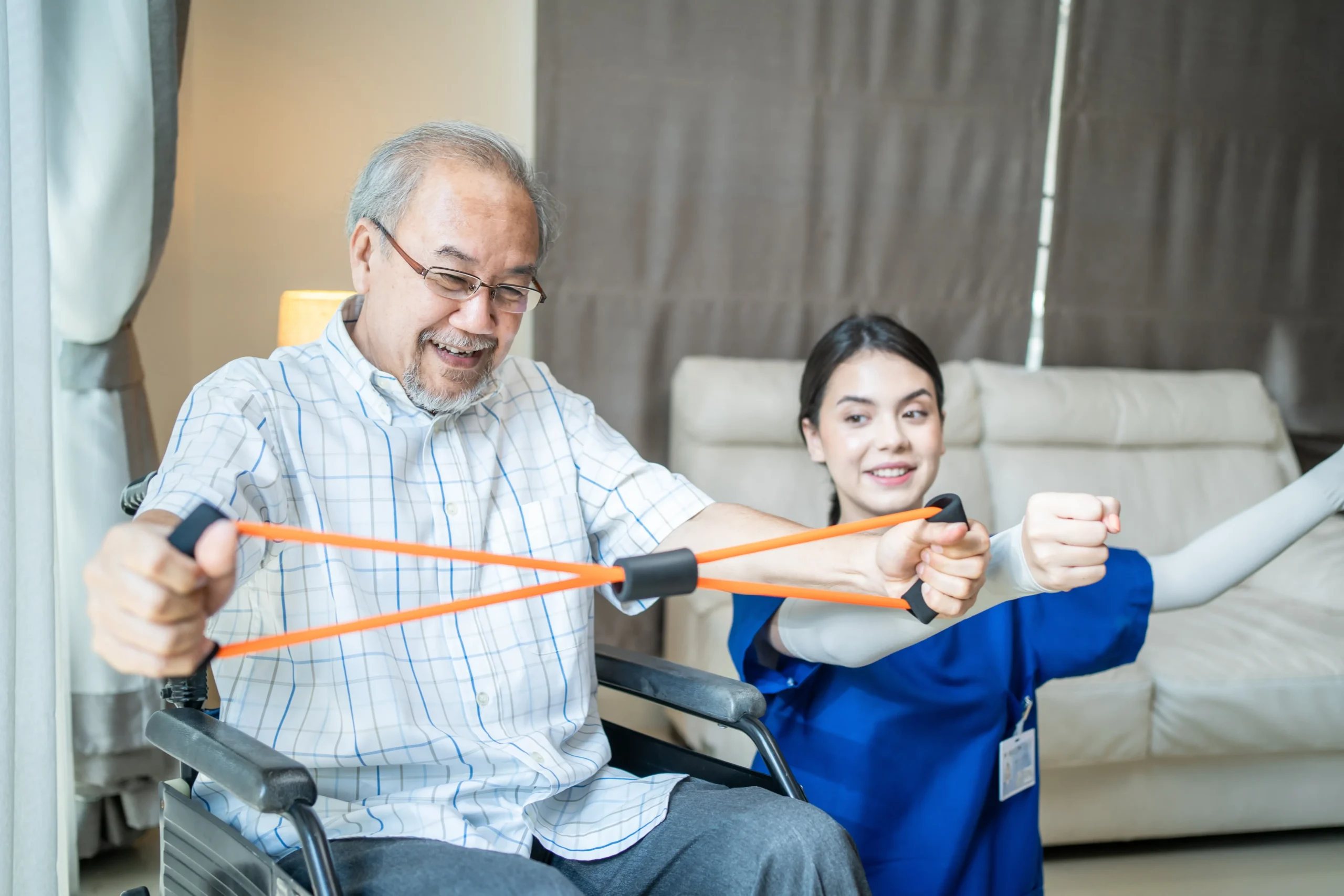ARMHS
(Adult Rehabilitative Mental Health Services)
What are ARMHS?

Adult Rehabilitative Mental Health Services (ARMHS) are designed to support adults living with mental health challenges in building the skills they need for greater independence and stability. Unlike traditional talk therapy, ARMHS focuses on practical, hands-on strategies that help individuals manage daily responsibilities, strengthen routines, and improve overall functioning in their personal and community life.
Through personalized guidance from trained professionals, individuals can develop coping skills, improve communication, and learn problem-solving techniques that reduce the impact of mental health symptoms. The goal of ARMHS is to empower people to regain confidence, overcome obstacles, and create a more balanced and fulfilling life.
Our Process
How It Works
Each individual receives a care plan personalized to their needs, strengths, and goals, ensuring meaningful and practical outcomes.
Focuses on developing everyday skills such as managing stress, budgeting, cooking, communication, and problem-solving.
Encourages participation in social, educational, or vocational activities to reduce isolation and promote independence.
Continuous support from trained professionals helps individuals stay on track and adapt as their needs change.
Why Clients Trust Us
Our team includes trained specialists experienced in rehabilitation and recovery-based care.
We meet clients where they are in their journey, offering understanding without judgment.
Our focus is not only on mental wellness but also on everyday challenges that impact daily living.
We support clients beyond short-term fixes, helping them build skills for lasting stability and independence.
Who Can Benefit?
- Adults living with mental health conditions – Individuals experiencing depression, anxiety, bipolar disorder, schizophrenia, or other mental health challenges who want structured support in their daily lives.
- Those struggling with daily responsibilities – People who find it difficult to manage routines such as cooking, cleaning, organizing, or attending appointments due to their mental health symptoms.
- Individuals seeking greater independence – Adults who want to strengthen their coping skills, build confidence, and reduce their reliance on others by learning practical strategies for everyday living.
- People facing challenges in work or community life – Those who need guidance to improve social skills, manage stress at work, or actively engage in their communities while maintaining stability.
- Anyone aiming for recovery and stability – Individuals committed to improving their quality of life, achieving personal goals, and building resilience through structured mental health rehabilitation services.
